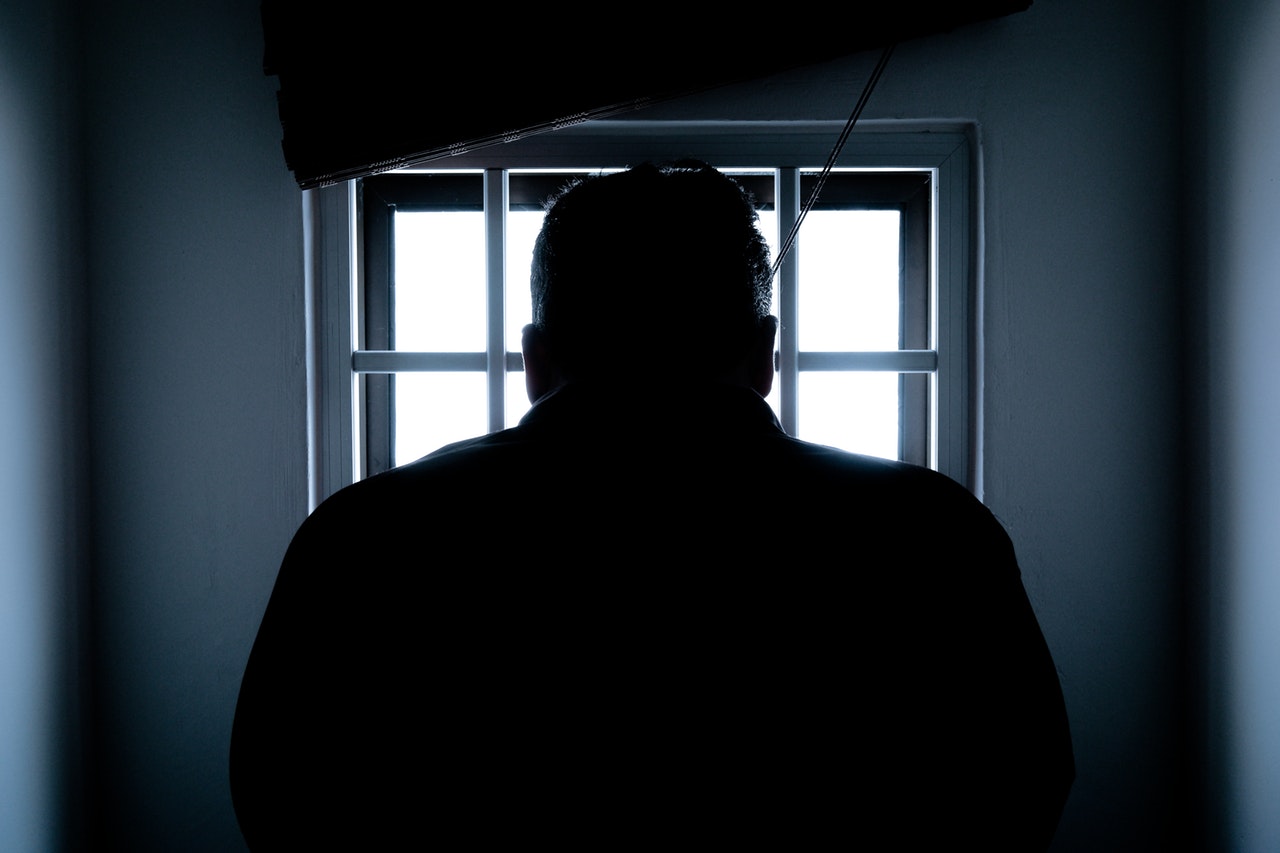Banned prison visits and isolation could lead to rising tension and an increase in violence, a senior prison officer has warned.
The senior prison officer believes fewer supplies of illegal drugs are being trafficked into jails because of the lockdown.
But violence between inmates could be going up , particularly with those who rely heavily on drugs.
The coronavirus lockdown is taking its toll on the vulnerable prison population, according to Dave Cook, a member of the Prison Officers Association’s executive committee.

The Ministry of Justice confirmed that six prison staff have died in England and Wales from the virus, including two officers from Pentonville Prison in North London.
There are roughly 23,500 prison officers in the UK, and Mr Cook said “about 8,000” are currently off work whilst ill or self-isolating.
The cramped and sometimes unhygienic nature of prison life has made them high risk locations for Covid-19 to spread. Social visits have been banned across the prisons estate and inmates are in lockdown in their cells.
Dave Cook, himself a prison officer at HMP Swaleside in Kent, said: “There has undoubtedly been a reduction in the number of drugs getting into prisons because the entry of visitors has been stopped.”
The 64-year-old continued: “Social visits are a big route for drugs into prison. There’s still drones. It’s big money. Organised crime and trafficking drugs is very difficult to do. Everyone who relies on drugs is going to feel an impact on their ability to cope during the lockdown.”
The Ministry of Justice was unable to comment because data on drug incidents is released quarterly.
As part of the lockdown, prisons are spending more time in their cells to carry out social distancing.
“That means 80,000 prisoners in closer proximity to each other for longer periods,” said Mr Cook, whose role is to represent officers at jails across Surrey, Sussex, Kent and London.
He explained: “If you had an outbreak in the prison system, the danger to the NHS would be even greater. We have a duty to control any outbreaks in our prisons.”
Despite the clear purpose for the stricter lockdown, he emphasised the stress it is causing.
NOW LISTEN: City Natters #3 Social enterprises facing severe Covid-19 threat
“It’s very difficult and it’s a very worrying time for prisoners because outside their families are going through the same issues. They are going to start losing family members and that will have a big psychological impact.”
And those new stresses have been added to a prison system that was already fraught with problems.
“More than 70% of the prison population already has one or more mental health issues,” Mr Cook said.
“Enforced lockdown is going to exacerbate that. We’re worried that incidents of self harm will start to rise. We’re starting to see more fighting between prisoners – it’s the fact that they are locked up together for longer.”
Officers and prisons share the pain of these problems, as Mr Cook explained.
“This all has an impact on officers because they are first responders, they will be the first ones to any incident and the first to try and save someone’s life.
“Staff are working intensely. They will spend 12 hours working a shift dealing with a multitude of problems.”
Like many public servants, not to mention doctors, nurses and care workers, prison officers are waiting in line for personal protective equipment (PPE).
“At the moment it’s only given to prison officers who come into direct contact with suspected cases of Covid-19.”
He added: “Officers are going in every day not knowing if they will spread it to their families. Some of them live with young children or their parents or pre-existing medical conditions. It’s all the same problems that NHS workers are facing.”
There has also been an unusual churn in the prison population, with fewer new inmates coming in and some being released early to deal with overcrowding.
On 4 April, the Justice Secretary Robert Buckland announced that prisoners with two months left of their sentence will be released early, which could apply to 4,000 inmates.
A Ministry of Justice spokesman said: “We have robust and flexible plans in place to keep prisoners, staff and the wider public safe based on the latest advice from Public Health England.
“Personal protective equipment is being provided to officers and all prisons have the soap and cleaning materials they need.”
For the latest headlines from the City of London and beyond, follow City Matters on Twitter, Instagram and LinkedIn.








